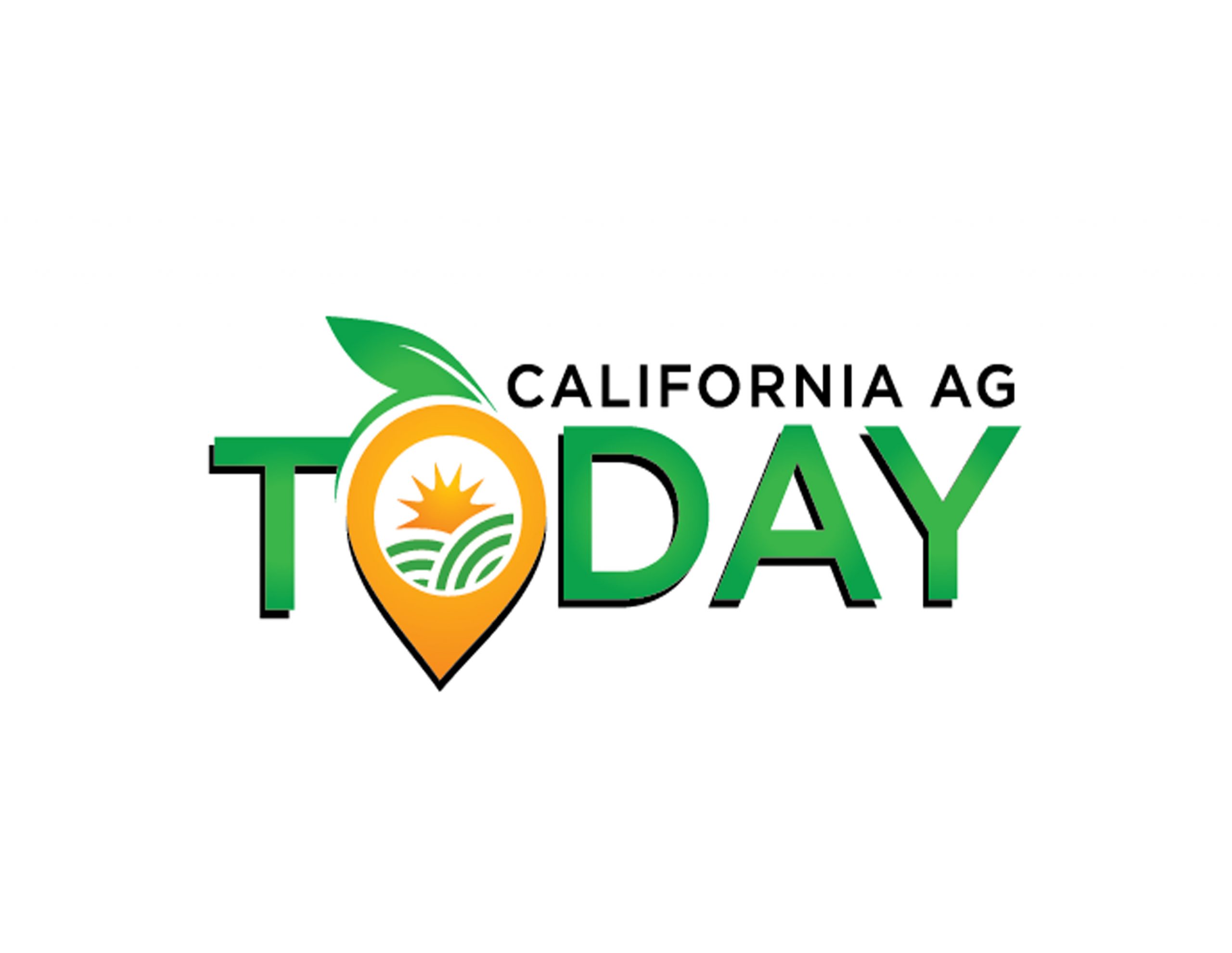
Chipotle’s Ag Production Animosity Concerns Center for Land-Based Learning and the California Ag Industry
Today, the Center for Land-Based Learning, issued the following statement:
The Board of Directors for the Center for Land-Based Learning, based in part on the feedback that we have received from friends and supporters throughout the state, has decided to CANCEL the Thursday The Chipotle Fundraiser event with Chipotle due to concern over Chipotle’s “Farmed and Dangerous” series.
The Center for Land-Based Learning board is made up of a wide range of individuals, including farmers, educators, and financial professionals. Historically, Chipotle has been a strong supporter of Land-Based Learning programs and we have partnered with Chipotle on programs that demonstrate the company’s interest in our mission.
The Center for Land-Based Learning is dedicated to creating the next generation of farmers and teaching California’s youth about the importance of agriculture and watershed conservation. One of their programs, the FARMS Leadership Program, connects high school students to California’s food system and teaches them leadership through a year of visits to farms, agricultural businesses and universities.
That said, the board members are in agreement that Chipotle’s current “Farmed and Dangerous” series crosses a line by attempting to create animosity toward production agriculture as a marketing strategy. This strategy hurts agriculture at all levels, not just large-scale production agriculture. The board held an emergency meeting this past week to discuss this issue and decided to communicate to Chipotle it’s disappointment and disapproval of the Farmed and Dangerous series.
The Center for Land-Based Learning has always stood for, and intends to be, a role model for open and honest dialogue about agricultural production. It is common knowledge that agriculture is not perfect. Land-Based Learning has many issues of concern and would like to respond in a way that promotes critical thinking and discussion amongst all parties. As such, members of Land-Based Learning board of directors and staff are taking this opportunity to reach out to Chipotle’s senior management to reconsider this divisive marketing strategy.
The board believes that Land-Based Learning plays an important role in the dialog about the future of agriculture in this state. Farmers and other members of the agricultural community who support our programs represent a diverse array of viewpoints and the strength of this diversity has always been viewed as an advantage for our organization.
Please expect a public statement (to be posted to the Land-Based Learning website in the next few days) regarding the Board’s position regarding “Farmed and Dangerous” series.
The Center for Land-Based Learning is dedicated to creating the next generation of farmers and teaching California’s youth about the importance of agriculture and watershed conservation. One of their programs, the FARMS Leadership Program, connects high school students to California's food system and teaches them leadership through a year of visits to farms, agricultural businesses and universities.
The Chipotle website contains the following statements:
“Farmed and Dangerous” is “a Chipotle original comedy series that explores the outrageously twisted and utterly unsustainable world of industrial agriculture.”
The film depicts the life of a farmer as he slowly turns his family farm into an industrial animal factory before seeing the errors of his ways and opting for a more sustainable future. Both the film and the soundtrack were commissioned by Chipotle to emphasize the importance of developing a sustainable food system.
Food With Integrity is our commitment to finding the very best ingredients raised with respect for the animals, the environment and the farmers.
IT’S ALL FUN AND GAMES UNTIL SOMEONE WRECKS A PLANET
Industrial ranching and factory farming produce tons of waste while depleting the soil of nutrients. These seem like bad things to us. So we work hard to source our ingredients in ways that protect this little planet of ours.
Family farmed
Family farmers take great care to respect their farmland because it’s the only land they have. If they plant one crop over and over that depletes the nutrients in the soil, they’re the ones who suffer. Family farmers rotate crops, plant multiple crops, avoid pesticides and generally farm in a sustainable way.
California Ag Today Editorial:
The majority of California farmers use research-based sustainable measures and follow Federal regulations, including those for food safety and OSHA requirements, and industry-wide best management practices.
UC Davis Ag Issues Center reports, “Individuals or families control 81 percent of California’s farms.”
Most of the remaining farms are family-owned ‘S-Corps’.
The Agricultural Sustainability Institute at UC Davis reports:
“A systems approach [to sustainable agriculture] also implies interdisciplinary efforts in research and education. This requires not only the input of researchers from various disciplines, but also farmers, farmworkers, consumers, policymakers and others.
Making the transition to sustainable agriculture is a process. For farmers, the transition to sustainable agriculture normally requires a series of small, realistic steps. Family economics and personal goals influence how fast or how far participants can go in the transition. It is important to realize that each small decision can make a difference and contribute to advancing the entire system further on the “sustainable agriculture continuum.”
The key to moving forward is the will to take the next step. Finally, it is important to point out that reaching toward the goal of sustainable agriculture is the responsibility of all participants in the system, including farmers, laborers, policymakers, researchers, retailers, and consumers. Each group has its own part to play, its own unique contribution to make to strengthen the sustainable agriculture community.
Our final word: Open, multi-disciplinary, multi-participatory dialogue on this critical transition is pivotal for the ‘entire system’ to progress towards the goal of sustainable agriculture. Divisiveness and smear campaigns will get us nowhere. Do “Drought” and “water allocation” ring any bells?








